AARP Hearing Center


QUICK: THINK ’80S! WHAT DO YOU SEE? A blur of regrettable haircuts? That synth-pop song you hate yourself for humming? A supercut of shoulder pads, boxy hatchbacks and trickle-down economics? It’s hard to know how to feel about this change-filled decade. Sometimes is seems long ago—a distant world dominated by three TV channels and something called the Soviet Union. Then you see Donald Trump or Hulk Hogan on the news and it feels like the ’80s are with us still. So asked some survivors to reflect on the high and low-lights of an oft-maligned era.
Intimidation
of AIDS

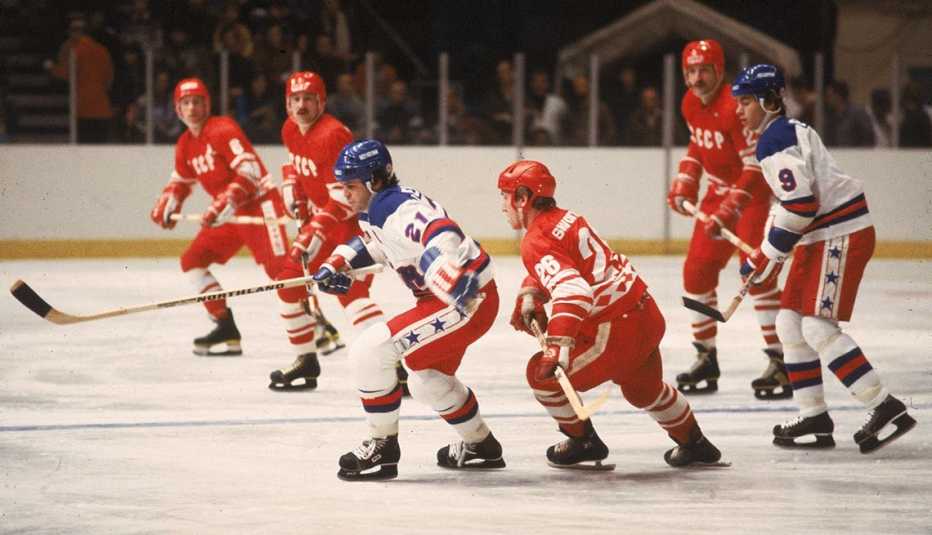
Intimidation
of AIDS
“I WAS AT FIRE Island Pines [on Long Island], and there were two friends of mine, one very tall, the other very short. The tall one, Enno, was carrying the small one, Nick, in his arms, going along the beach, saying, ‘Do you have any idea what’s wrong with Nick?’ No doctor had been able to diagnose him.
These guys were some of the first. Then the cases began to accumulate. It was so sudden, and they were so young."
— Activist and author Larry Kramer cofounded the Gay Men's Health Crisis in 1982.

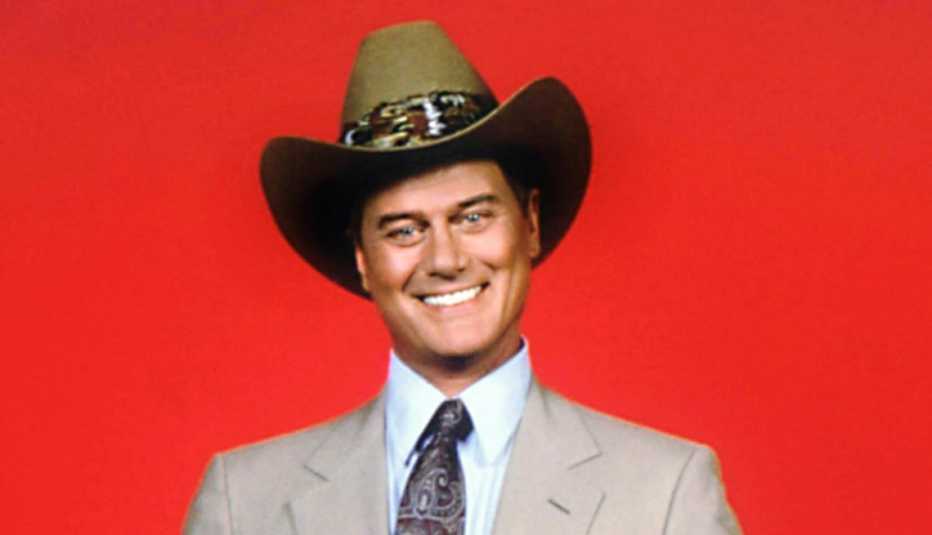
“I WAS AT FIRE Island Pines [on Long Island], and there were two friends of mine, one very tall, the other very short. The tall one, Enno, was carrying the small one, Nick, in his arms, going along the beach, saying, ‘Do you have any idea what’s wrong with Nick?’ No doctor had been able to diagnose him.

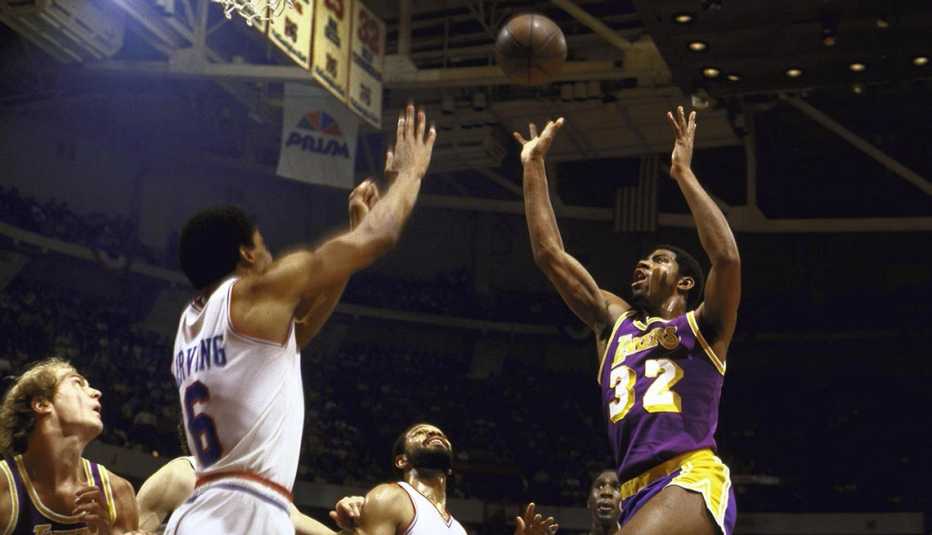
These guys were some of the first. Then the cases began to accumulate. It was so sudden, and they were so young."
— Activist and author Larry Kramer cofounded the Gay Men's Health Crisis in 1982.
“Being the one who shot J.R. made me a trivia question.”
— Mary Crosby played Kristin Shepard, sister-in-law and assailant of Larry Hagman’s J.R., on the CBS series Dallas.
1980
Miracle on Ice
“THE HOSTAGES HAD BEEN TAKEN in Iran. We had gas lines, inflation. Americans needed something to feel good about. I don’t know how many times people told me, ‘I remember where I was when we won.’ That game touched our whole country. People saw it as a way to show the world what we still could do.”
— Mike Eruzione led the U.S. hockey team that defeated the Soviet Union at the Winter Olympics. He’s now director of special outreach at Boston University.
Magic is Here
“WE GOT TO the airport and I saw the faces of everybody. I knew that Kareem [Abdul-Jabbar] wasn’t going to play. I said, ‘We’re still going to win.’ They looked at me: ‘Man, rookie, sit down.’ When we got on the plane, I sat in Kareem’s seat. I said, ‘Never fear, Magic is here.’ By the time we landed, they started believing.”

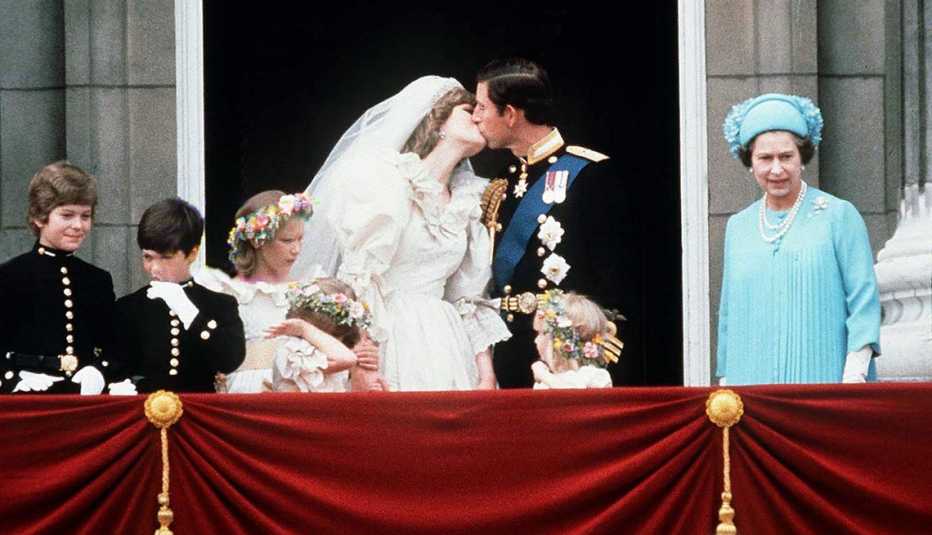
— Earvin “Magic” Johnson became the first rookie to win the NBA Finals MVP award.
1981
The Princess Bride
By Myrna Blyth
IN DECEMBER 1981, I was the new editor of Ladies’ Home Journal, trying to find a way to improve newsstand sales at the respected but then flagging women’s magazine. I decided to take a chance and put a young, blond ex–nursery school teacher named Diana on the cover of the February issue.
Earlier that year I and many other women in America had watched, at 3 in the morning, the royal wedding on TV. But did American women really care that much about 20-year-old Princess Di? They certainly did! The issue sold extremely well. By October 1982, when Diana was on the cover again, her photo guaranteed at least 1 million copies in sales at the newsstand for my magazine and for many others.

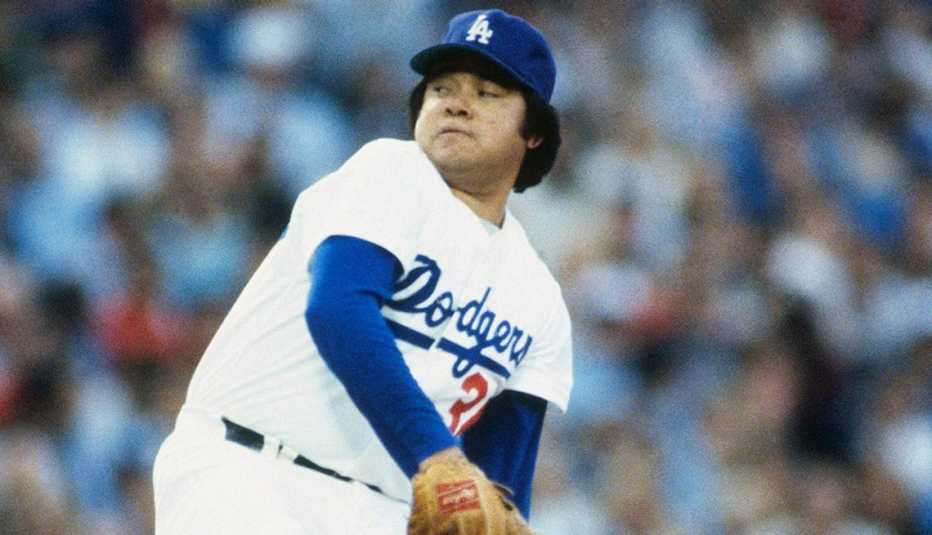
That next June, I went to a ball at Broadlands, an estate in the English countryside. The royal couple were the guests of honor. Diana wore a white and silver one-shoulder gown and was very slender and very beautiful. We shook hands, and I told her how much American women loved her. I turned our five-minute conversation into an “exclusive” and another best-selling cover.
Diana was extremely photogenic, and all through the ’80s we wrote stories about her style and charm, about her as a doting mother and as a betrayed, unhappy wife. The public couldn’t get enough of the fairy tale that ended more than a decade later as a tragedy.
MTV is Born
“I READ AN ARTICLE in Billboard saying that a 24-hour music channel was looking for hosts. I wasn’t sure it was going to last six months. A ‘VJ’ was a whole new animal. Initially, MTV wasn’t broadcast in New York, where we filmed, so we weren’t aware of how popular we were becoming. At one of my earliest personal appearances, at a record store in San Antonio, there was a line around the block. I figured there was a rock star in town doing autographs and I asked my driver, ‘Who’s here?’ He said, ‘You.’ ”
— Nina Blackwood was one of MTV’s five original VJs. Today she is a DJ on SiriusXM Radio.
— Myrna Blyth is the editorial director of AARP Media
¡Fernandomania!
“I WAS A 20-year-old rookie pitching against the Yankees in Game 3 of the 1981 World Series. We were back in Dodger Stadium after dropping the first two games; I had lost the first one. It was the end of a long season. When I took the mound, I knew I didn’t have my best pitches. But I hung in there and pitched the whole game. We won, 5-4, and went on to win the Series.”
— Fernando Valenzuela won Rookie of the Year and the Cy Young Award in the same year. He’s now a commentator

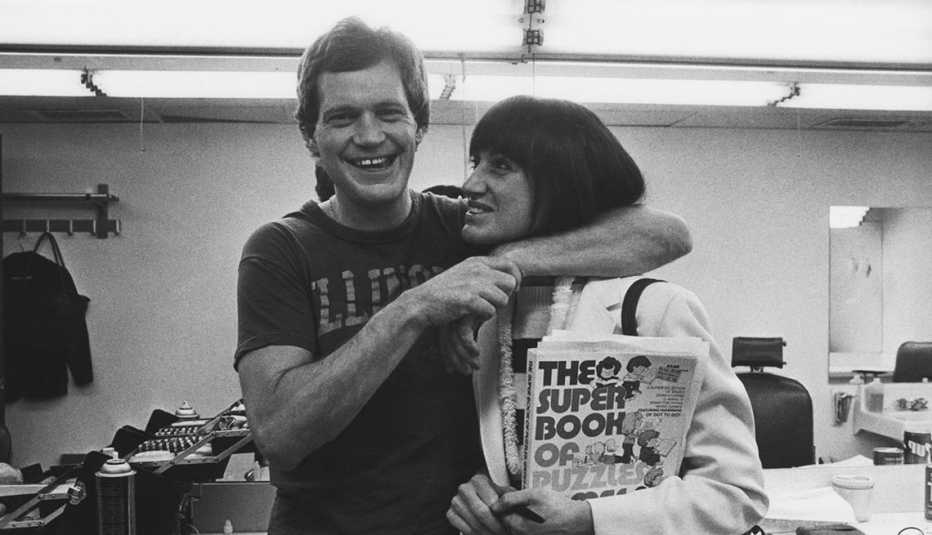

































































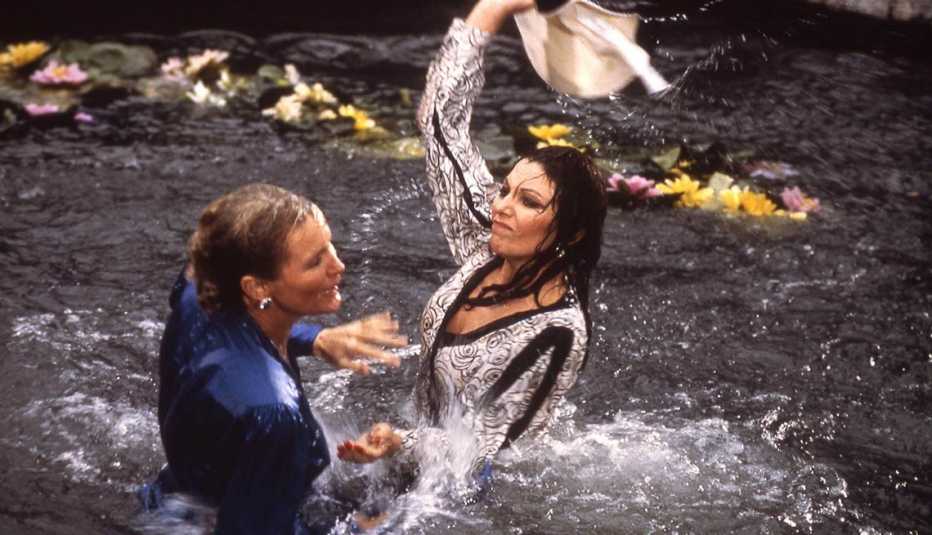
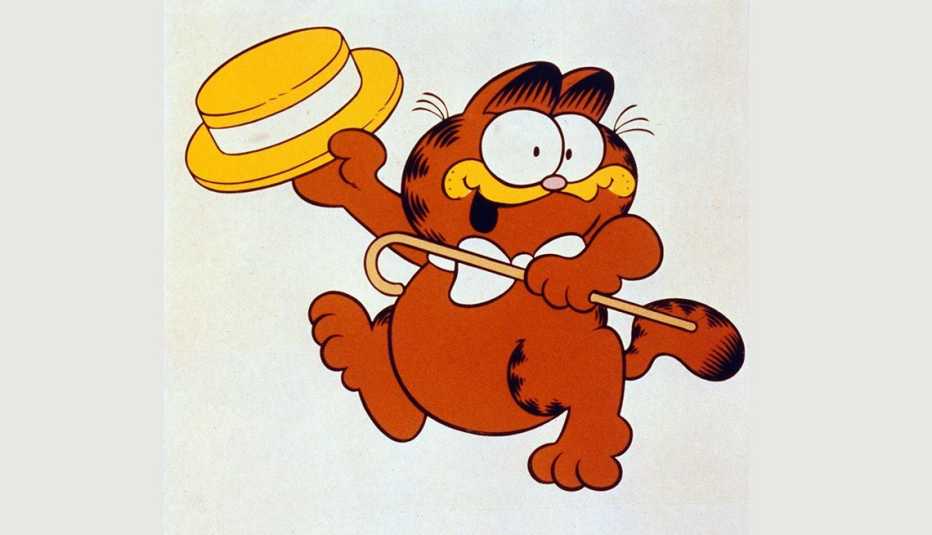
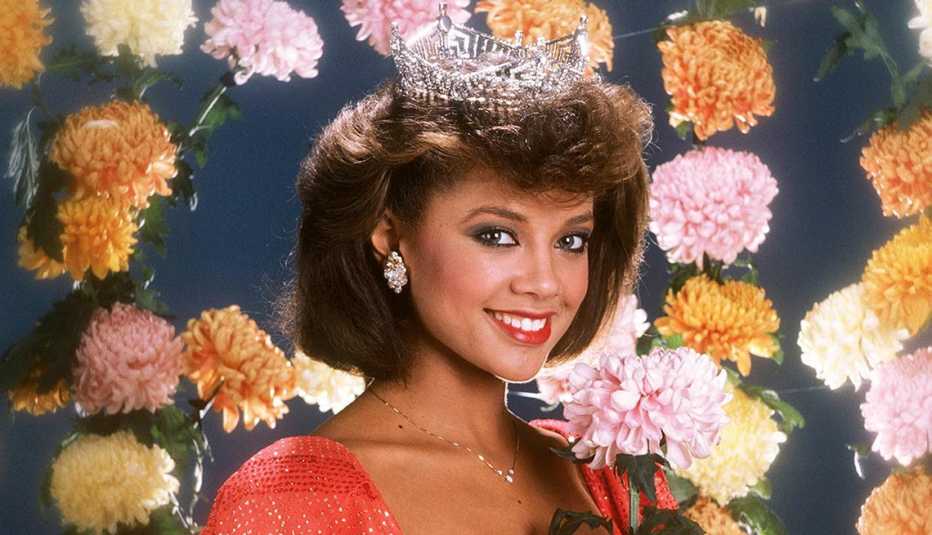
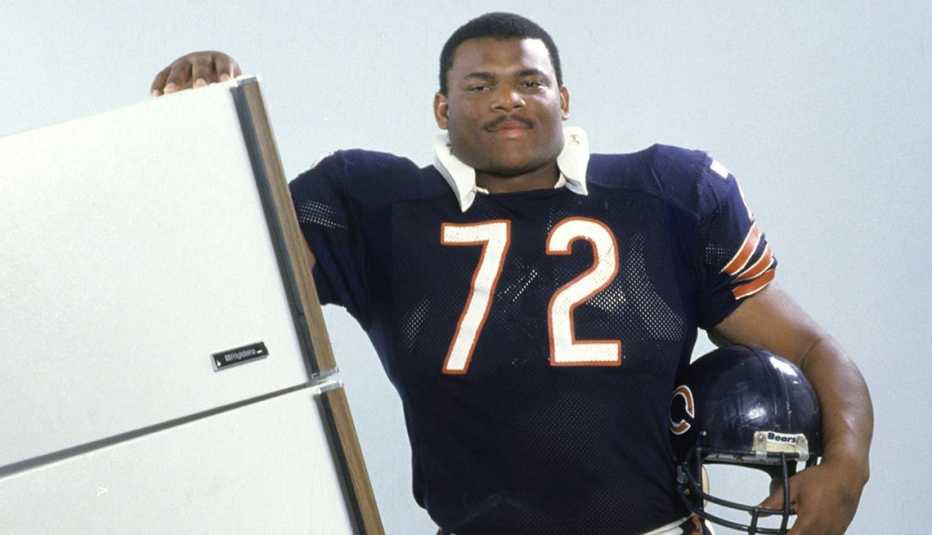
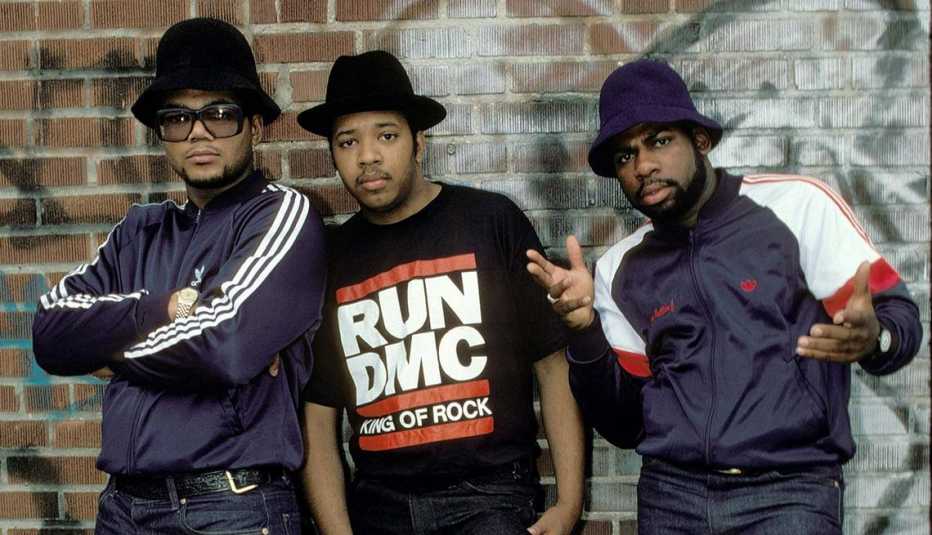
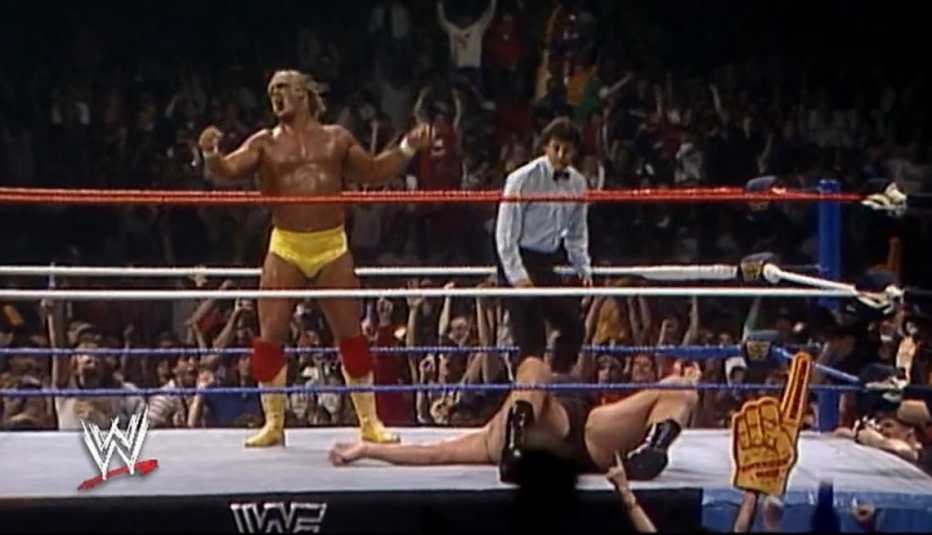
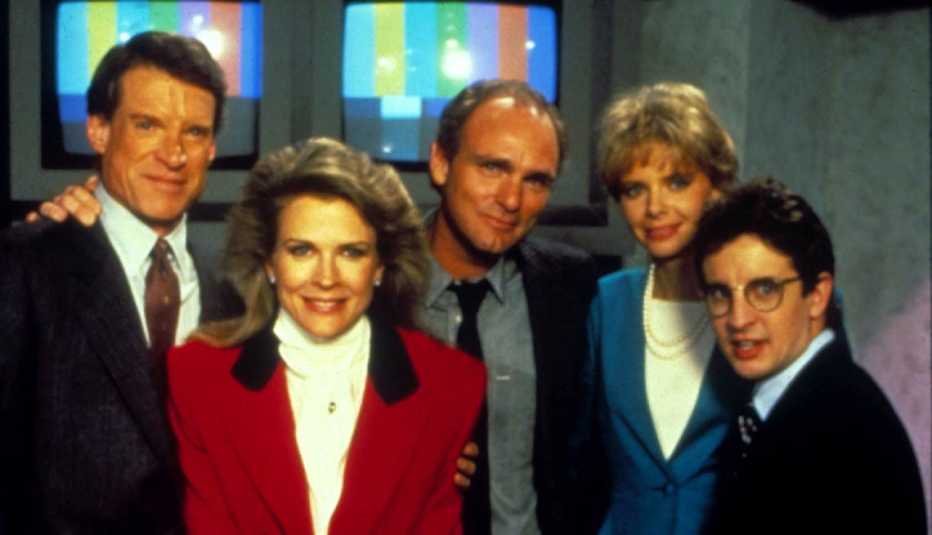

More on politics-society
Princess Diana: Rise of a 1980s Icon
From ‘Shy Di’ to global style-setter, she embraces royal life and fame